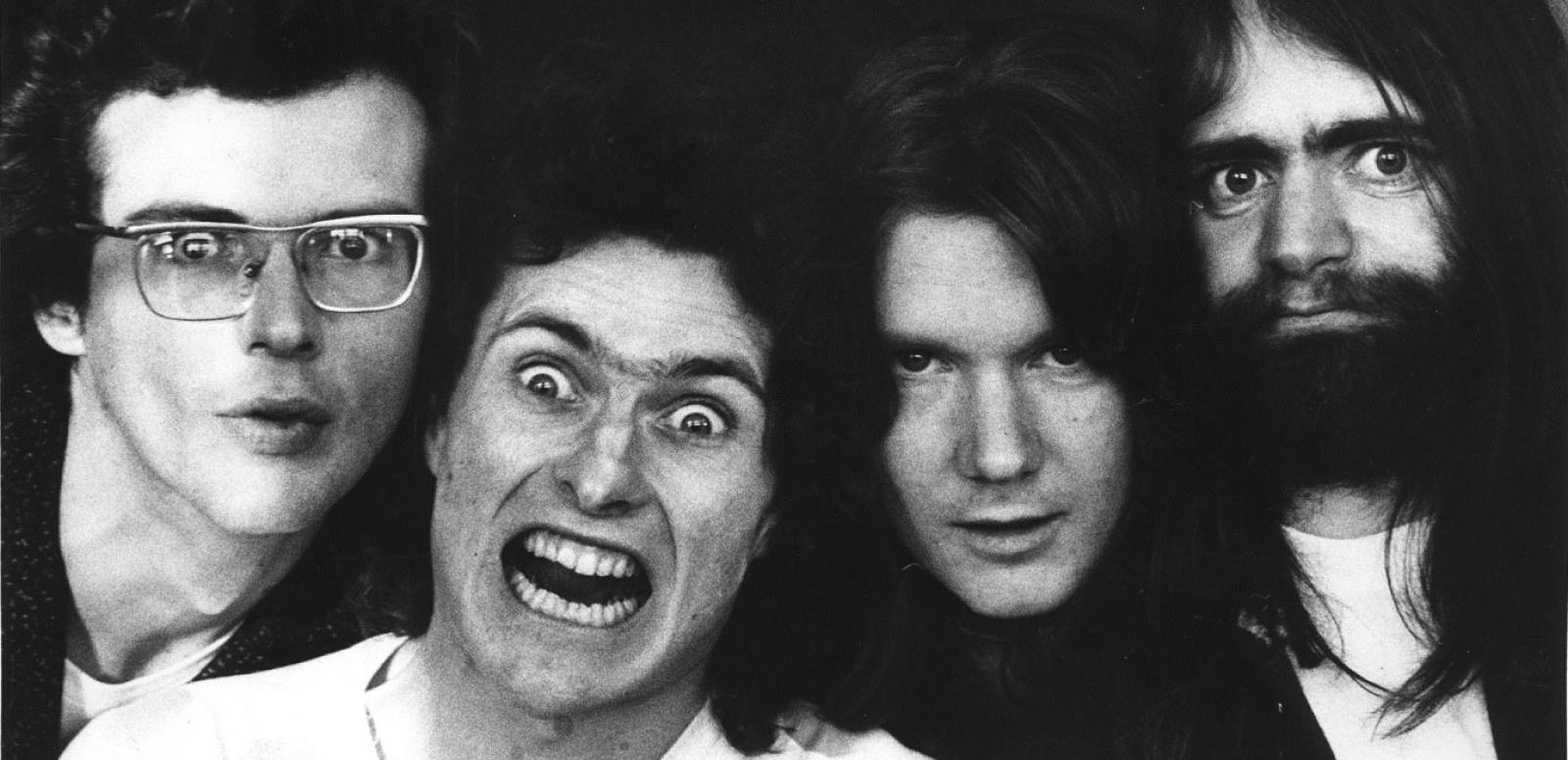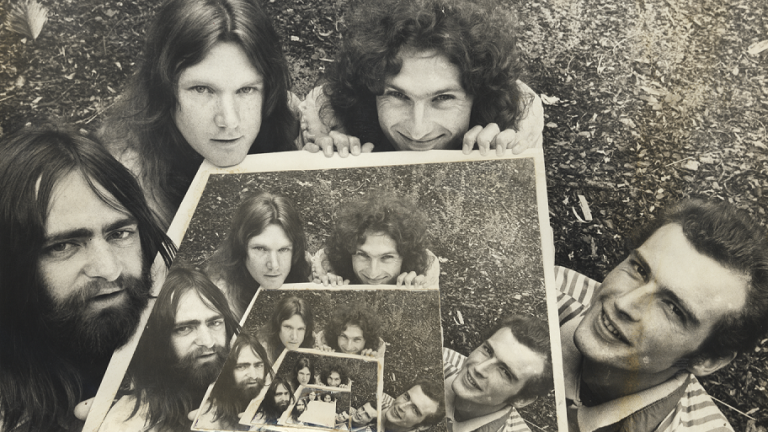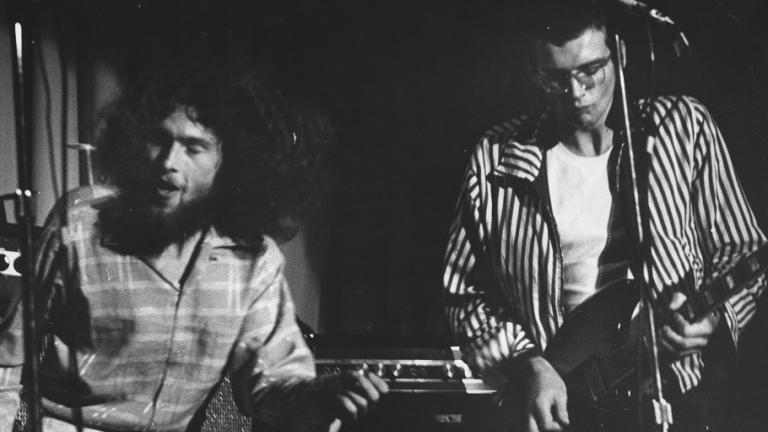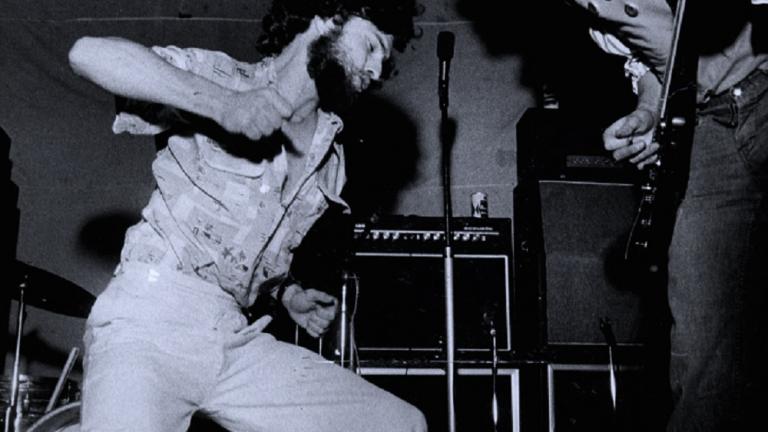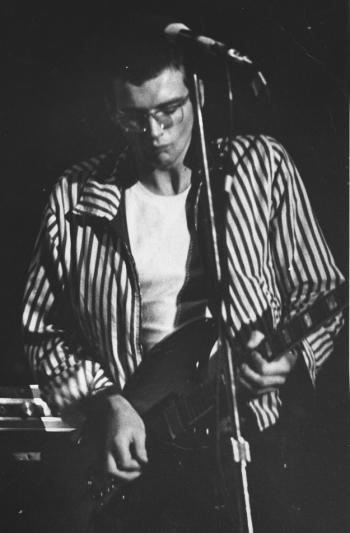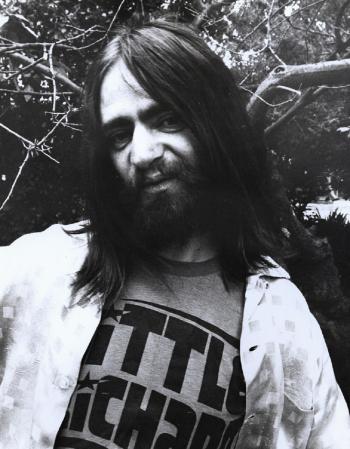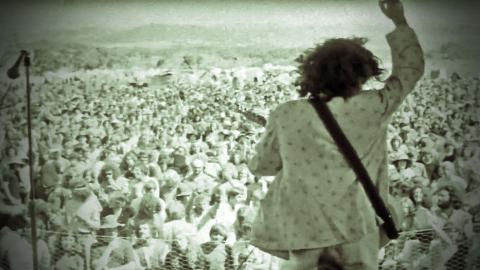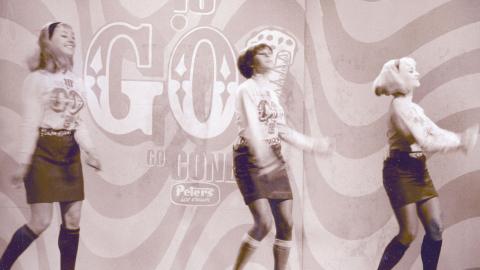The Righteous Brothers said it best, 'If there’s a rock'n'roll heaven, well you know they got a hell of a band'. Daddy Cool mourned the loss of two members in 2016 with the passing of guitarist Ross Hannaford on 8 March and bass player Wayne Duncan on 4 December. Clocking up over 100 years of recording and performing between them, Australia has lost two of its musical pioneers. We look back at their legacy.
Daddy Cool is most remembered for their anthemic song, 'Eagle Rock', which broke all sales records when it was released in 1971, selling 100,000 copies. Incidentally this was not beaten until 'Living in the 70’s' (by Skyhooks) which was produced by Ross Wilson and sold 226,000 copies in 1973.

